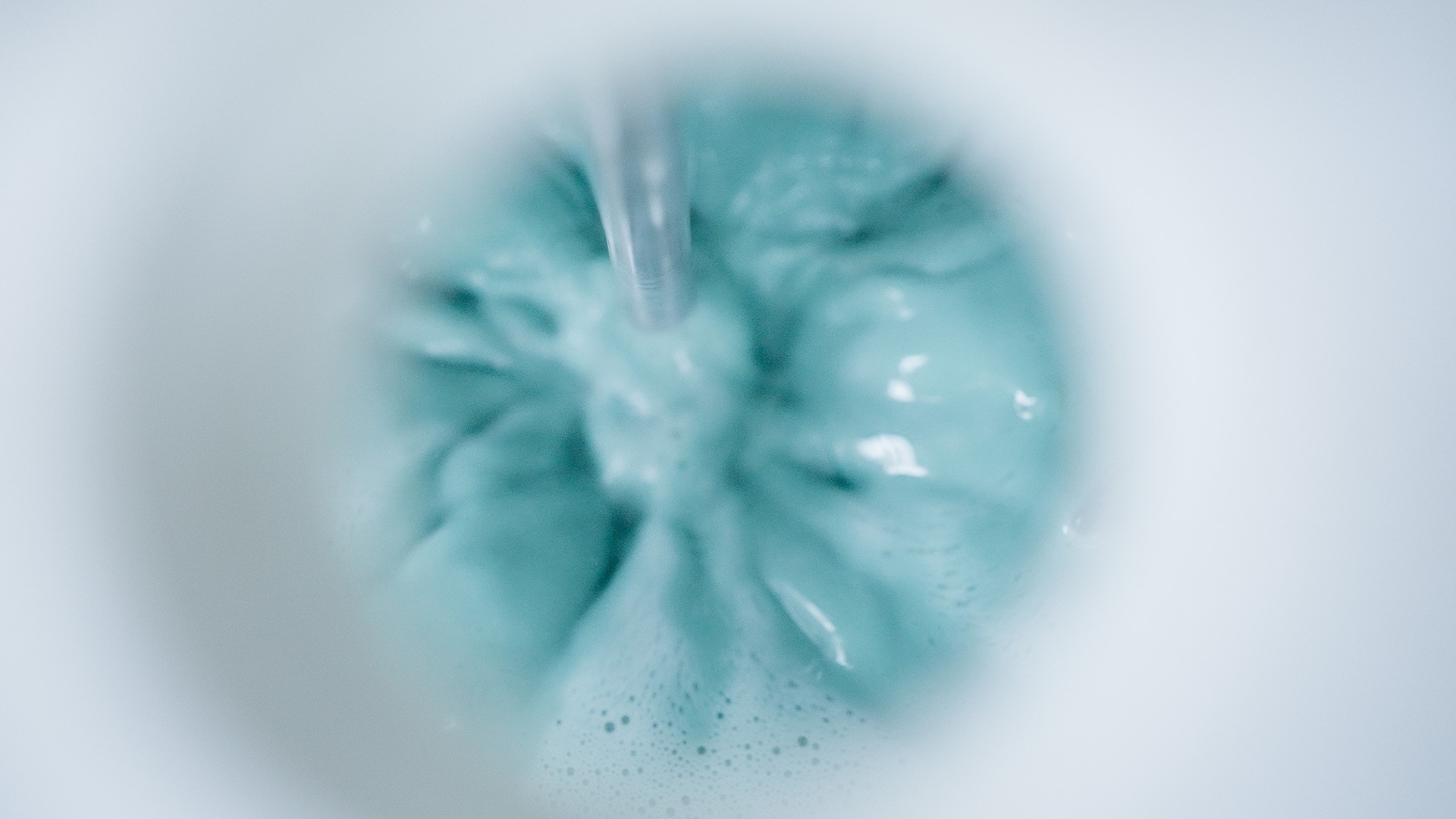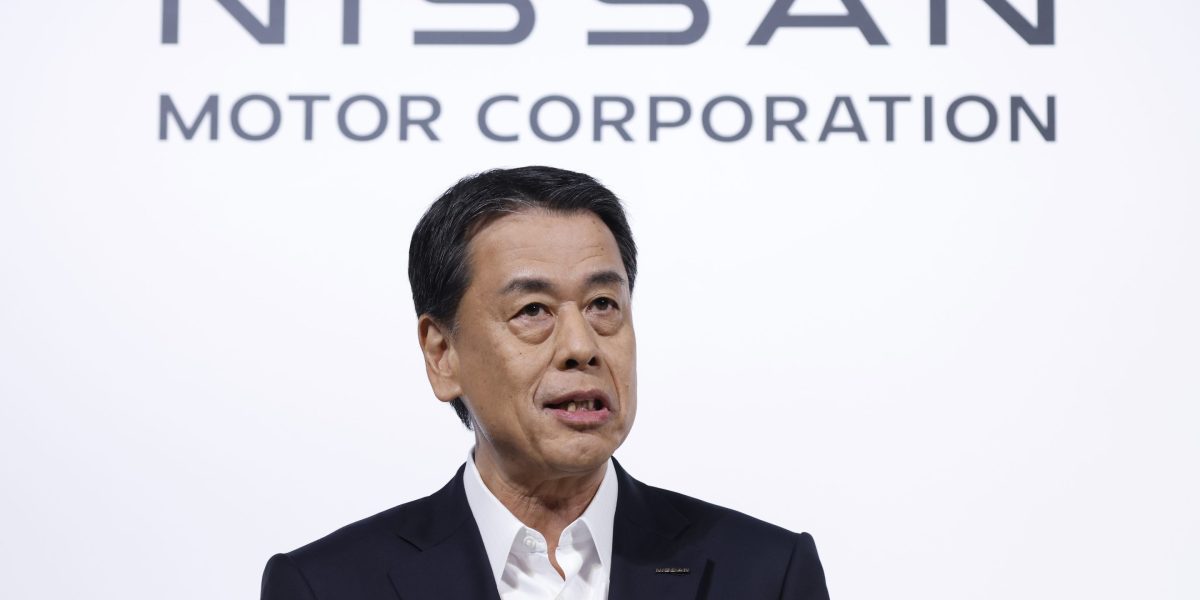Recycled EV Battery Materials: Redwood Materials Builds UK-Bound Cathode Plant

As the demand for electric vehicles continues to accelerate, the UK faces a growing need for sustainable battery materials. Redwood Materials, a leading innovator in battery recycling, is taking a significant step towards meeting this demand with the construction of a new Cathode Active Material (CAM) facility in Nevada, USA. This facility represents a crucial step in Redwood's commitment to providing domestically-sourced battery components from recycled materials, potentially influencing the UK EV market.
Cathodes are a fundamental part of any battery, providing the negative electrode in a battery system. In lithium-ion batteries, lithium ions travel between the cathode and the anode during charging and discharging. The cathode plays a crucial role in determining the overall battery performance and lifespan.
The importance of cathodes lies in their composition, which often includes valuable and scarce materials like lithium, cobalt, and nickel. Sourcing these materials is often problematic, involving high costs, environmental concerns, and ethical dilemmas. Many of the world's cobalt supplies come from the Democratic Republic of Congo, where child labour and human rights abuses have been documented. Similarly, Indonesia, the world's largest nickel producer, faces environmental challenges due to its mining operations.
Redwood Materials aims to address these issues by providing a domestic source of recycled battery materials, offering a more sustainable and ethical alternative. Their commitment to using recycled materials is reflected in their goal of using 30 percent recycled nickel, 30 percent recycled lithium, and 100 percent recycled cobalt in their cathode production. This reduces reliance on virgin materials, minimises environmental impact, and promotes responsible sourcing practices.
Redwood's recycling process involves manually dismantling end-of-life batteries and extracting valuable materials. These materials are then processed to create "black mass," a metal-rich substance, which is further refined to produce CAM. This refined material can be directly used in battery manufacturing, creating a closed-loop system for battery materials.
The newly-built CAM facility in Nevada will be the first of five, with the potential to produce 20 gigawatt-hours (GWh) of cathode materials annually. Once all five facilities are operational, the anticipated annual output will reach 100 GWh, enough to power 1.3 million EVs.
Redwood's commitment to sustainability has attracted attention from major players in the automotive industry. Panasonic and Toyota have signed contracts with Redwood to source cathode materials for their respective battery factories. Panasonic's De Soto, Kansas, factory will use materials supplied by Redwood, while Toyota's North Carolina plant, currently under construction, is also expected to utilise these recycled materials. Both facilities are scheduled to begin production in 2025.
Redwood Materials aims to begin supplying cathode active materials to Panasonic by the end of 2024. This initiative could have significant implications for the UK EV market, as it could potentially create a pathway for the use of responsibly sourced, recycled battery materials in UK-manufactured electric vehicles. By promoting a more sustainable and ethical approach to battery production, Redwood Materials could play a vital role in the development of a thriving and responsible EV ecosystem within the UK.





